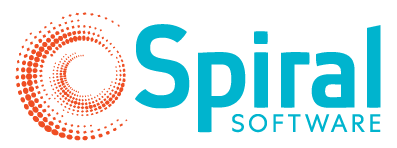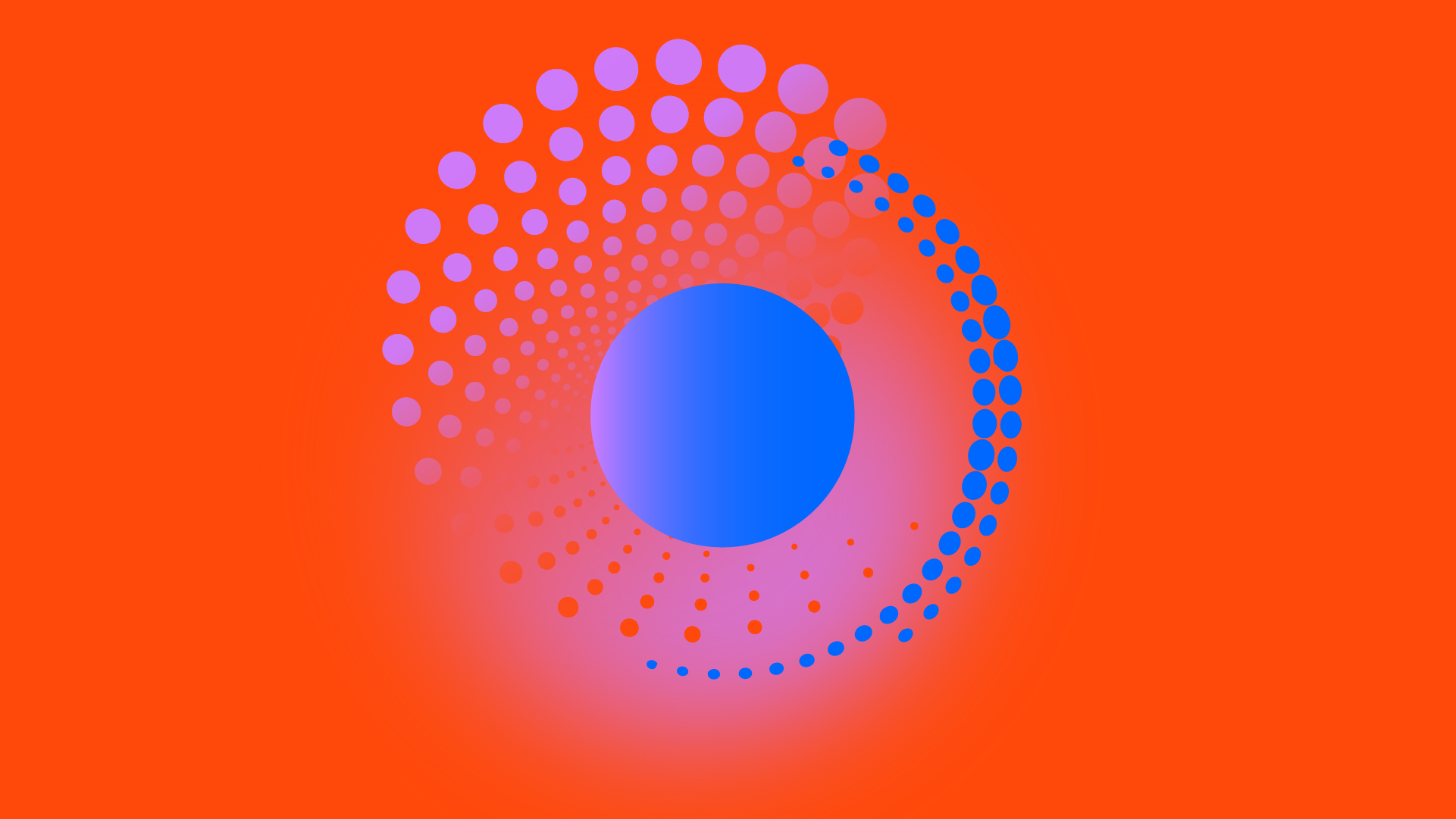How are we integrating AI?
Like most teams, we’re always looking for ways to work smarter, not harder. Over the past year, artificial intelligence has become a steady companion in our daily routines. It’s not a silver bullet—and often needs a guiding hand—but when used well, AI helps us focus on the work that matters most: supporting medical research.
Conversations and Meetings
We use Granola to capture and summarise our meetings. It’s particularly valuable when someone misses a detail or wants to revisit a specific discussion. For those of us who find it easy to lose track when ideas are flying, Granola keeps the thread.
Writing and Communication
ChatGPT and related agents are our most-used tools. We turn to them for research, answering questions, and improving the clarity and tone of our writing. They help polish everything from emails and policies to job ads and stakeholder reports. Grammarly, Gemini, and Sidekick add another layer—keeping our writing sharp, consistent, and easy to read.
Development and Debugging
AI makes a real difference in our engineering work. We use GitHub Copilot for inline code suggestions, Copilot Chat and ChatGPT as sounding boards, and even Google AI search results for quick insights. These tools help us reason through bugs in complex systems, test different implementation strategies, and validate assumptions faster—accelerating our projects and our software.
Planning and Coordination
AI supports structured workflows across the company: project planning, technical documentation, change tracking, and UAT/test coordination. It reduces friction in our day-to-day work and helps keep projects moving forward.
Everyday Productivity
From automating small but repetitive tasks to suggesting shortcuts in Excel or Sheets, AI often saves us from manual work. We also lean on tools like Gemini to summarise emails, Sidekick to improve our Monday boards, and automations that connect our systems so they “talk” to each other.
Personal Touches
For some of us, AI is a quiet productivity partner—nudging us back on track, helping structure thoughts, or even offering a fresh angle on a problem. As one teammate put it, “It’s like having a sounding board that can research at the same time.”
AI isn’t replacing our work. It’s helping us do it better—whether that means writing with greater clarity, debugging more efficiently, or ensuring a meeting outcome isn’t lost. In the end, these tools free up time and energy for what matters most: building reliable software that supports researchers in finding answers to critical medical questions.



